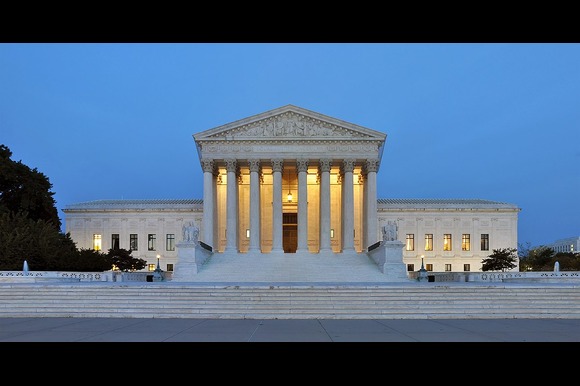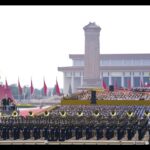Washington, DC – Former President Donald Trump has asked the US Supreme Court to overturn a lower court ruling that declared many of his wide-ranging tariffs unlawful, in a move that could reshape America’s trade and foreign policy landscape.
In a petition filed late Wednesday, the Trump legal team urged the justices to swiftly intervene and affirm that the president holds constitutional authority to impose import taxes on foreign nations.
Appeals Court Strikes Down Tariffs
Last week, the US Court of Appeals for the Federal Circuit, in a divided 7-4 ruling, determined that the tariffs Trump enacted under the International Emergency Economic Powers Act (IEEPA) exceeded presidential powers. The judges concluded that the imposition of tariffs is “a core Congressional power,” not one that can be assumed by the White House.
The decision threatens to unravel a central pillar of Trump’s economic agenda, potentially forcing the US government to refund billions of dollars in collected tariffs.
Trump had argued that the tariffs were justified under IEEPA, which grants presidents authority to act against “unusual and extraordinary threats.” In April, he declared an economic emergency, citing a trade imbalance that he claimed had damaged American manufacturing and endangered national security.
Emergency Appeal to the Supreme Court
Although the appellate court struck down the tariffs, it delayed the implementation of its ruling, giving the Trump administration time to seek Supreme Court review.
“The stakes in this case could not be higher,” Solicitor General John Sauer wrote in Wednesday’s emergency filing. He warned that the lower court’s “erroneous decision” had disrupted sensitive trade negotiations, injected uncertainty into economic policy, and undermined the president’s ability to shield the US from what he described as an unprecedented economic and diplomatic crisis.
If the Supreme Court refuses to hear the case, the appellate ruling will take effect on October 14.
Small Businesses Challenge Tariffs
The case was triggered by a series of lawsuits from small businesses and a coalition of states that argued the tariffs were unlawful.
“These unlawful tariffs are inflicting serious harm on small businesses and jeopardising their survival,” said Jeffrey Schwab of the Liberty Justice Center, which represents several plaintiffs. “We are confident the courts will ultimately side with our clients and hope for a quick resolution.”
The challenge builds on a May decision from the New York-based Court of International Trade, which similarly struck down the tariffs as illegal. That ruling was temporarily stayed pending the appeals process.
Scope of the Dispute
In April, Trump issued executive orders imposing a baseline 10% tariff and additional “reciprocal” tariffs designed to counter trade imbalances with more than 90 countries.
The appellate court’s ruling not only invalidates those measures but also annuls tariffs on key trading partners such as Canada, Mexico, and China, which Trump defended as essential tools to block drug imports and protect national industries.
However, the decision does not affect other levies Trump imposed — including tariffs on steel and aluminium — which were enacted under a different presidential authority.






